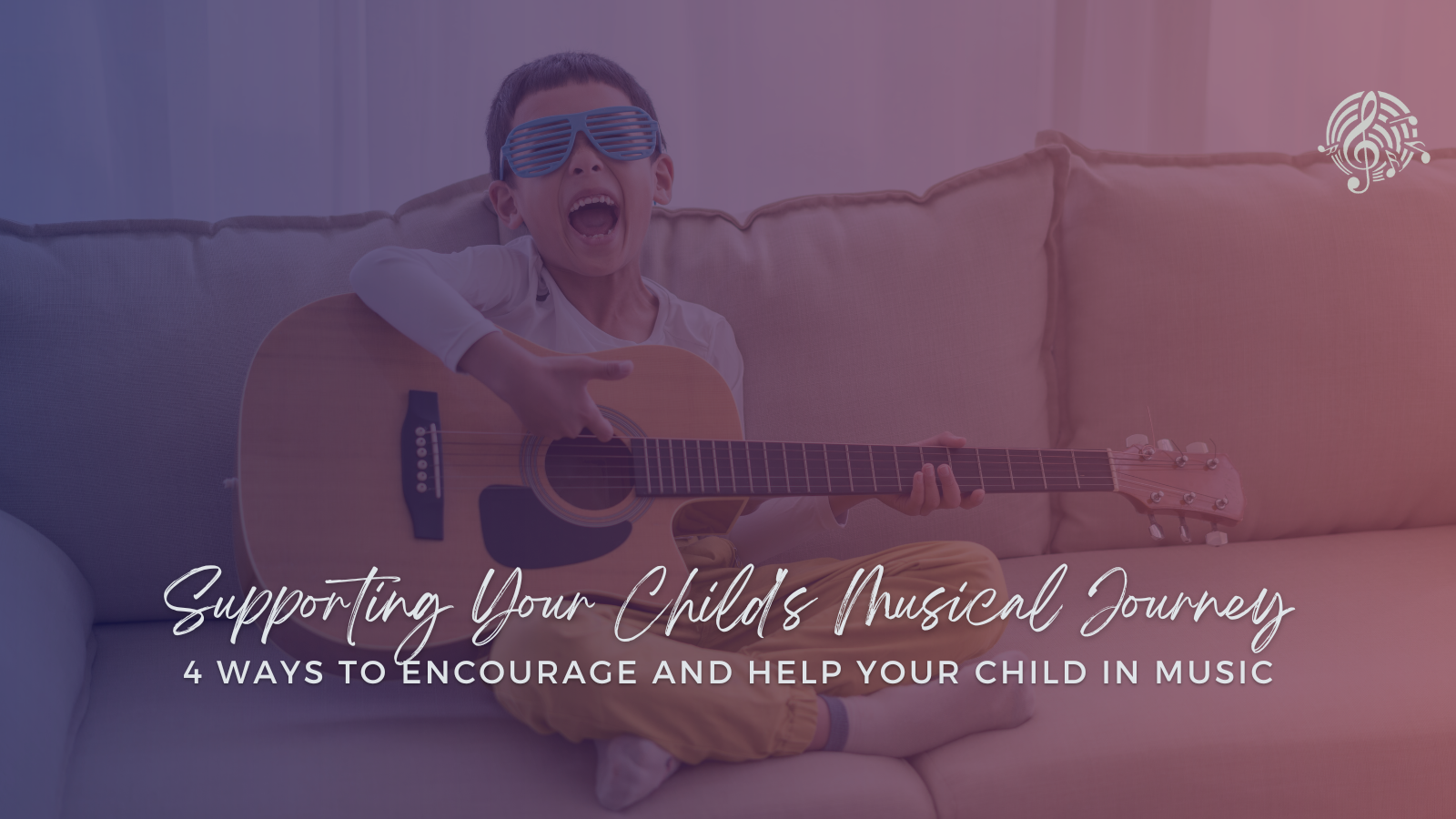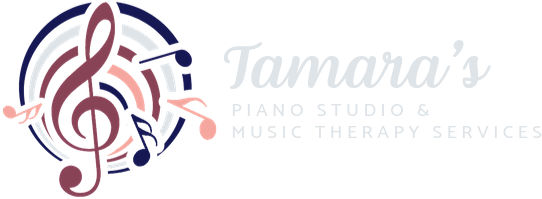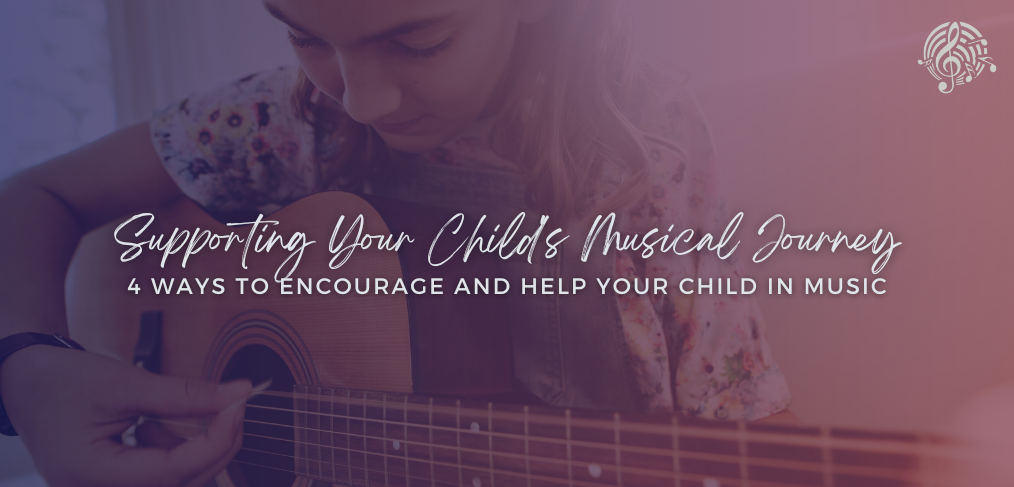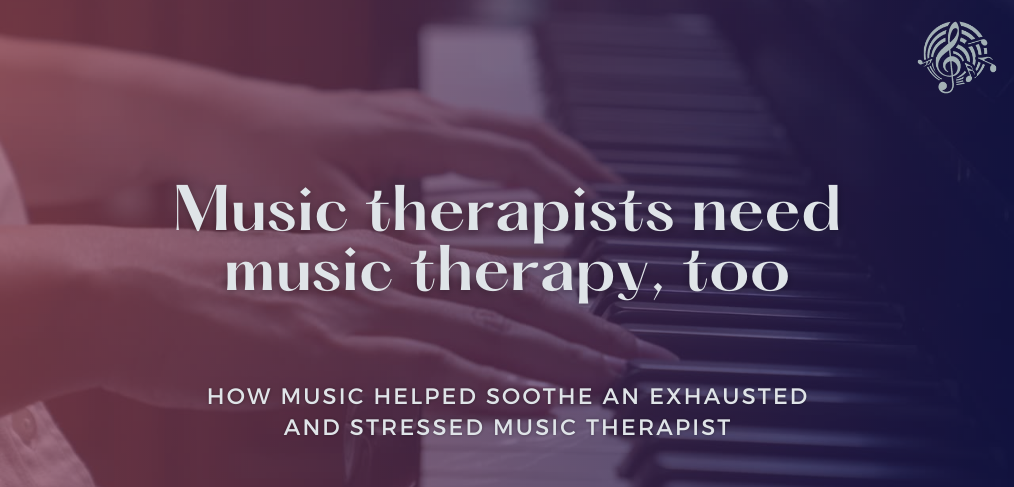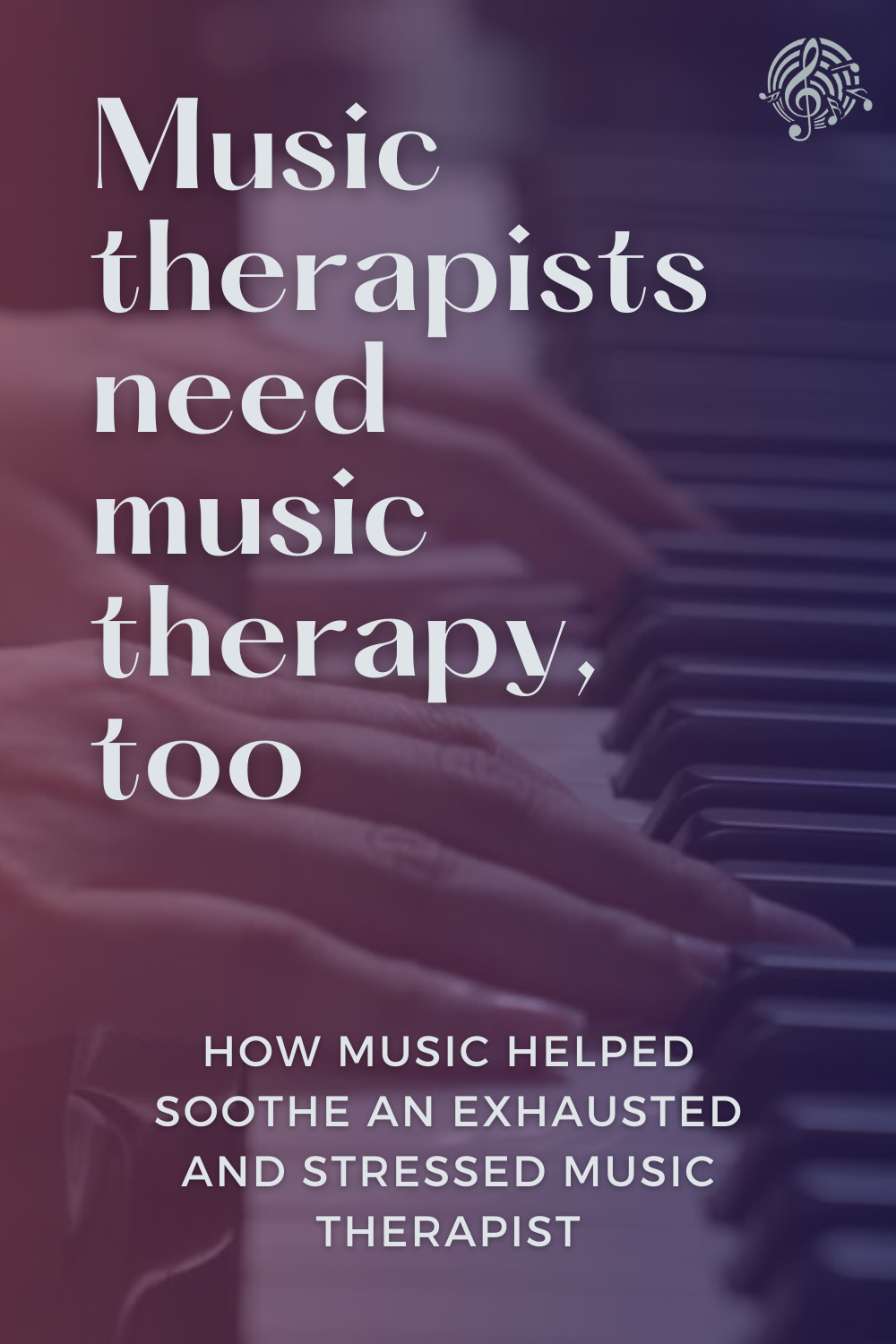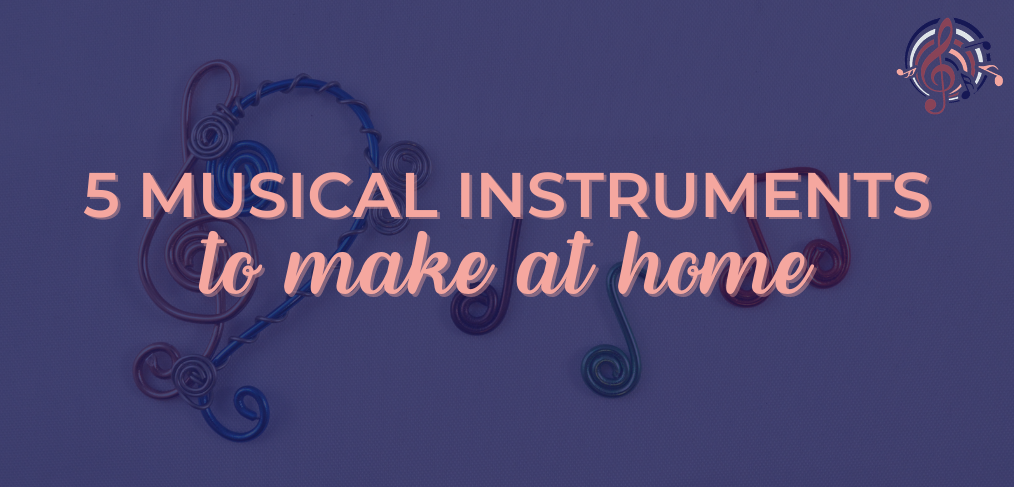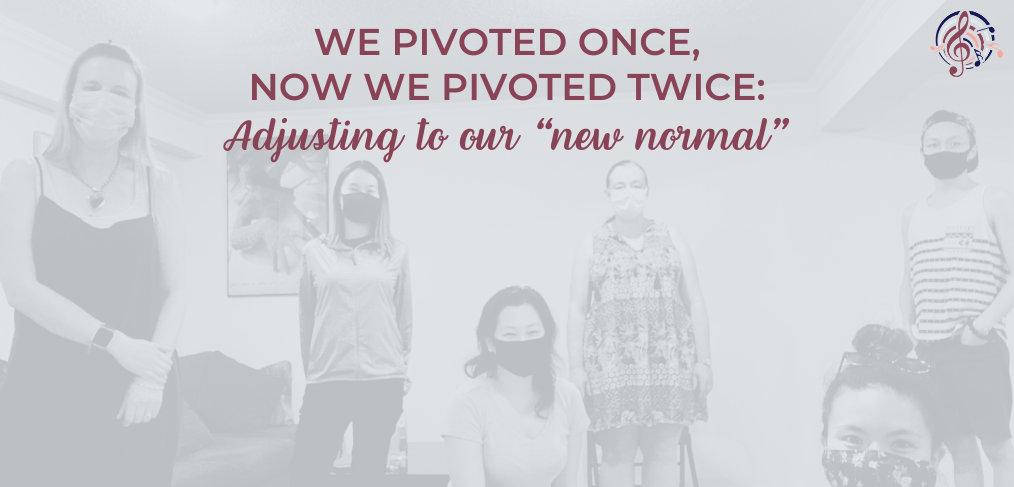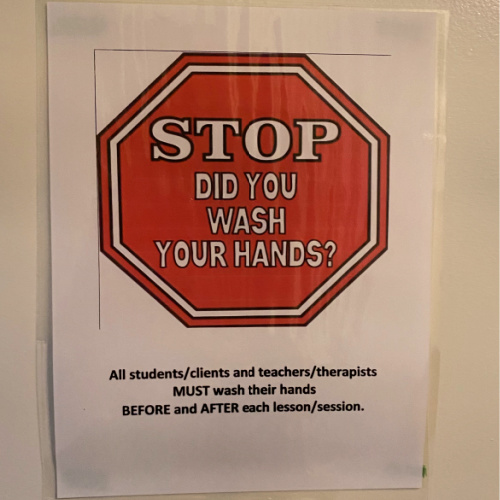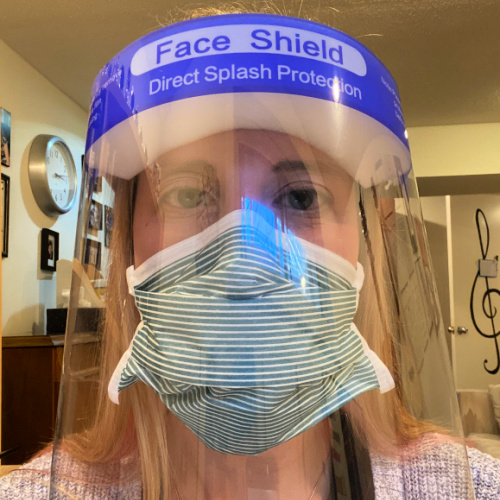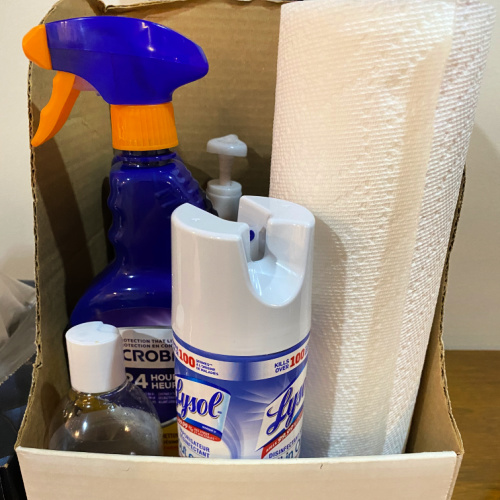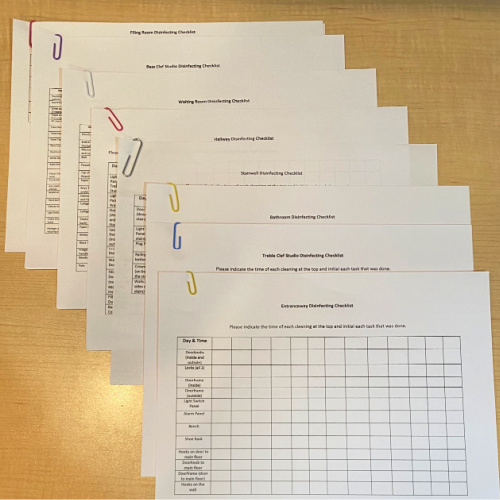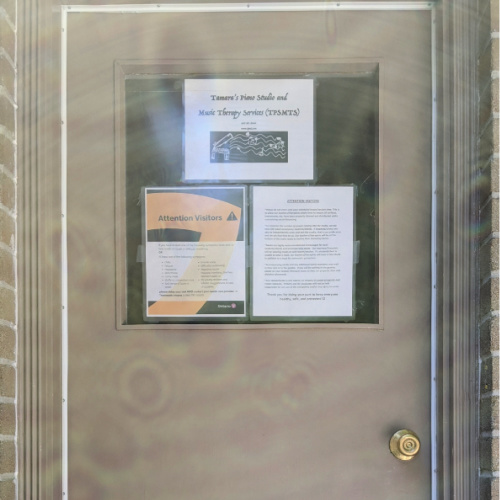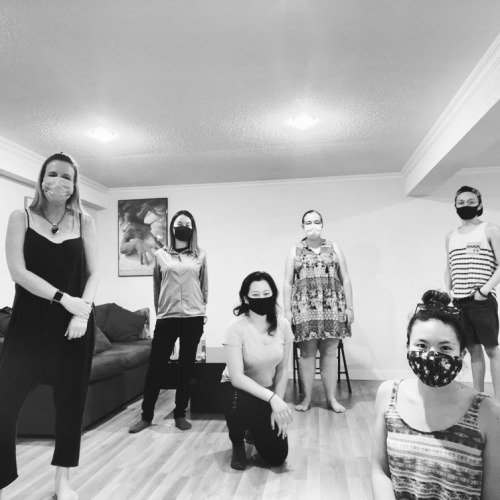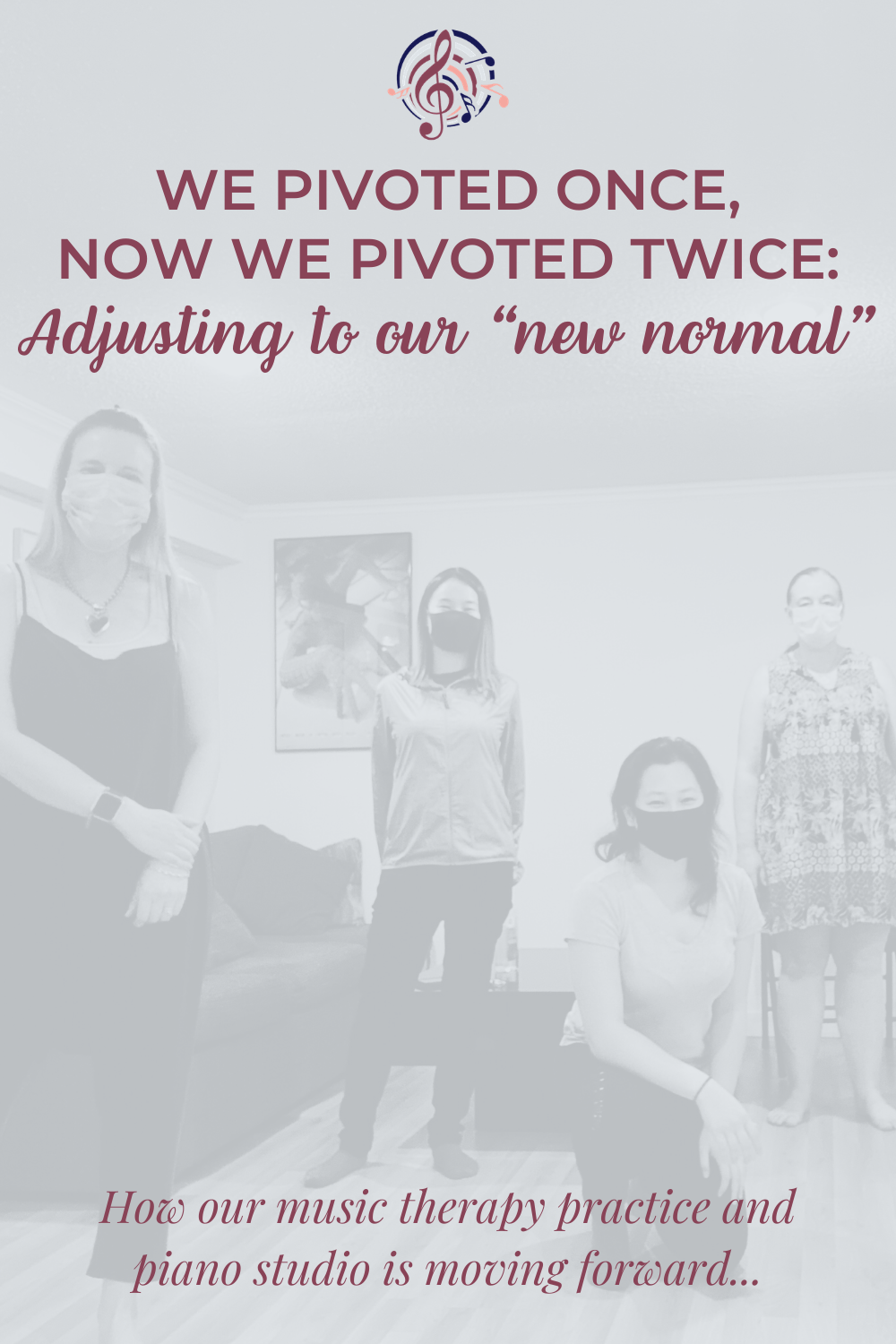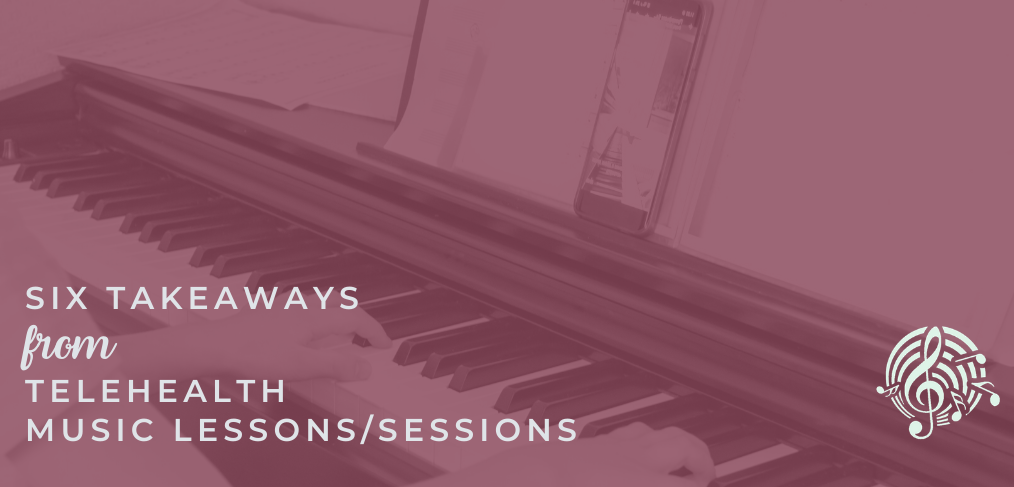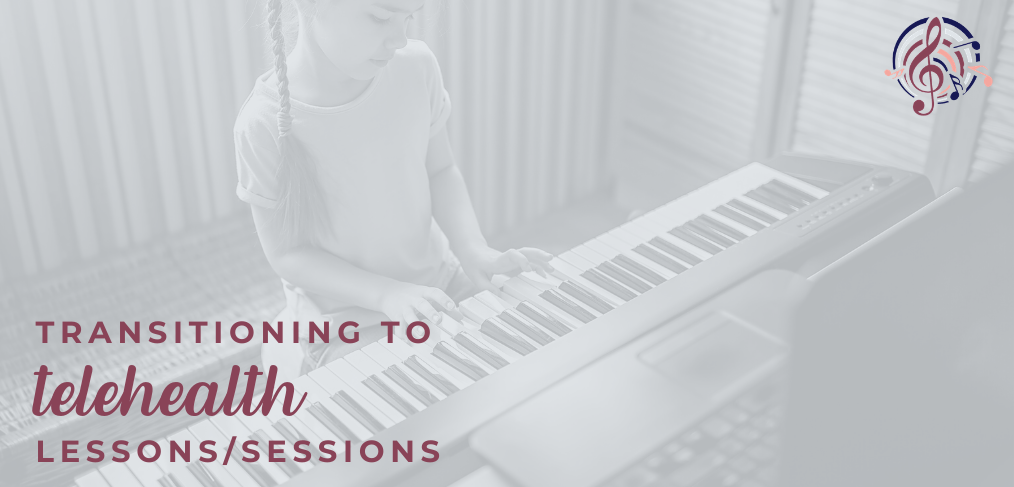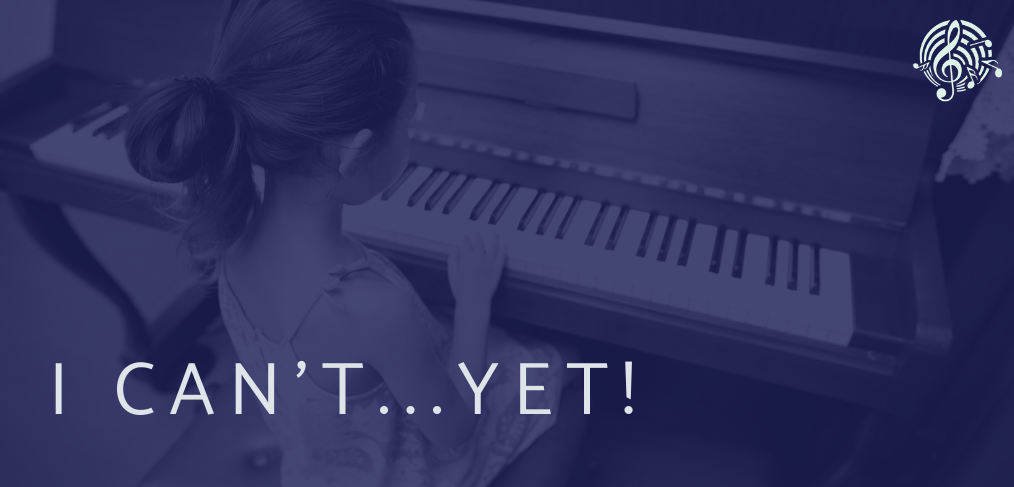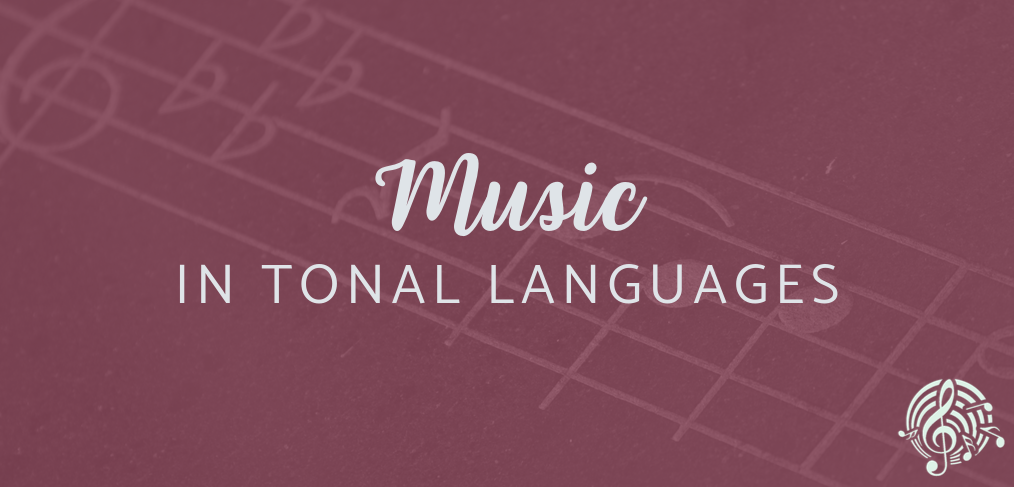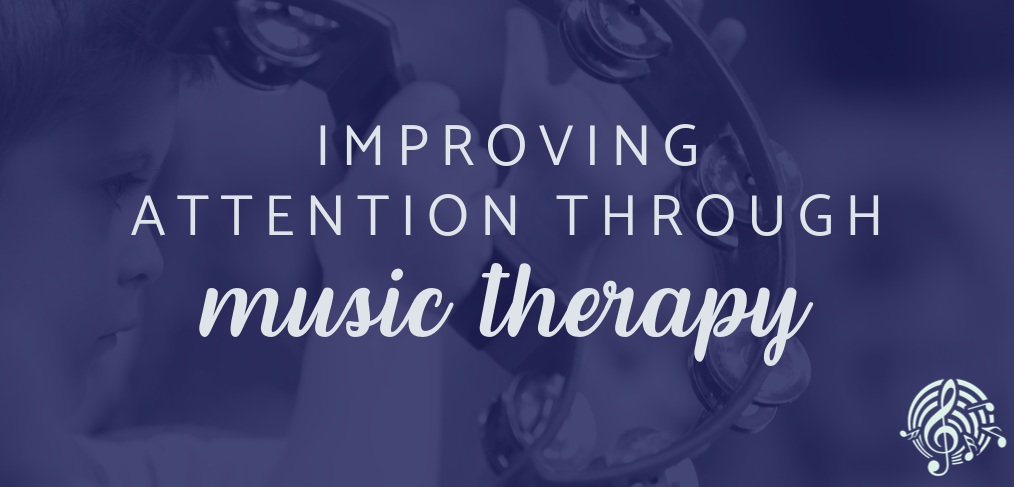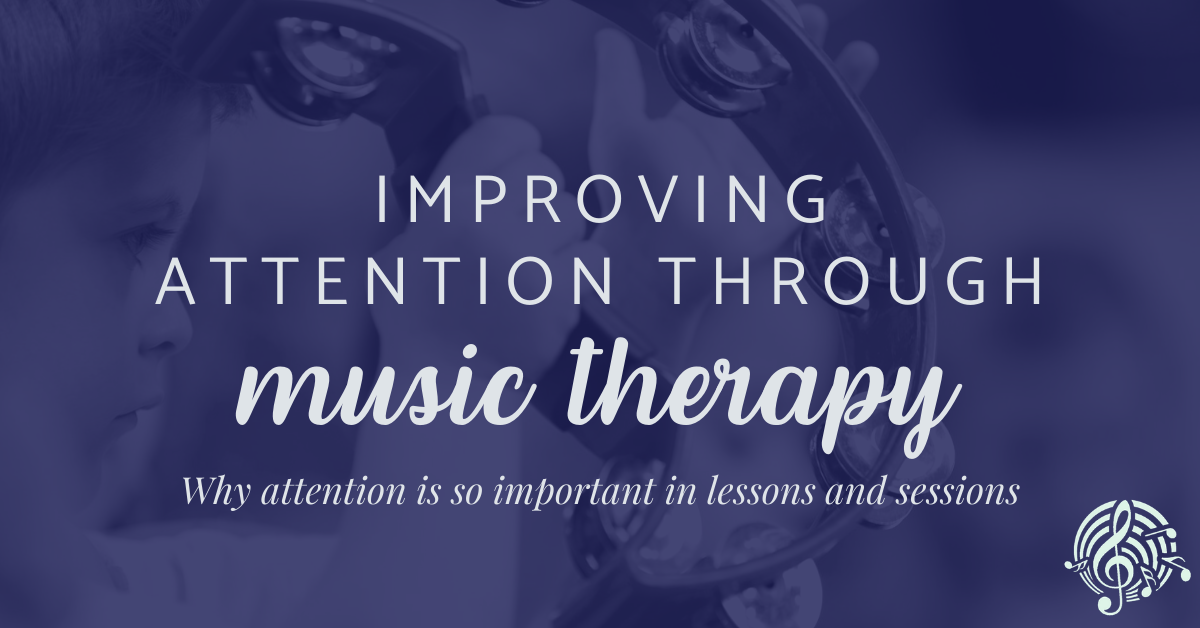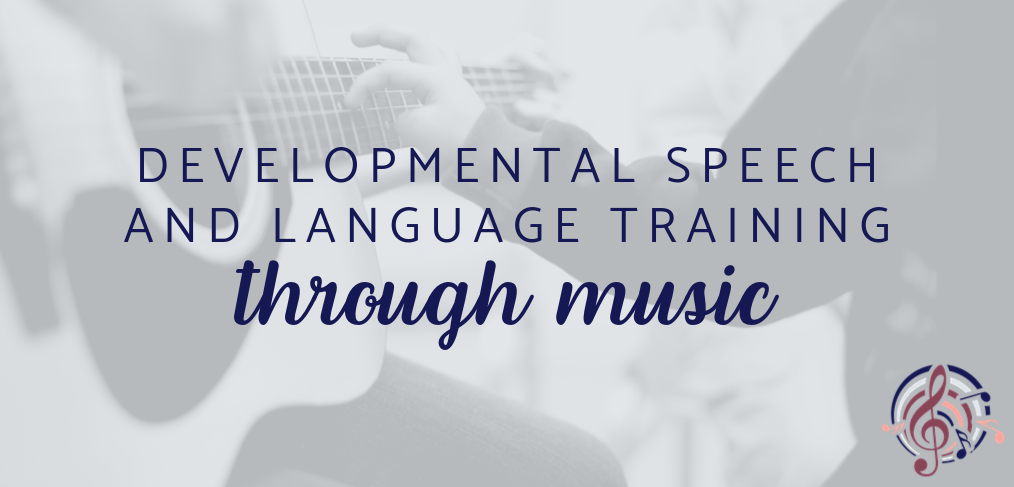Four ways to encourage and help your child in music
As music therapists and music educators, we are so thankful for the support that we continuously receive from the parents of our students. We often see how invested and involved you are in your child’s growth and progress.
Parents frequently ask us how they can best support their child’s musical journey.
Here are some ways that you can support your child in their music lessons or sessions:
Communication
It is important to keep in contact with your teacher/therapist about your child’s progress. Clearly communicating with us what you and your child’s goals are and is working and not working throughout their musical journey will help us figure out more quickly what teaching and therapy style works best.
Practice, practice, practice!
Most students have one lesson a week, and usually by the following week the concepts taught in the previous lesson have been mostly, if not completely, forgotten. Practicing throughout the week will help your child to not only retain the concepts learned, but to also improve at a much faster pace.
We often suggest creating a practice schedule with your child to help ensure consistent practice time throughout the week. Especially with our younger students, sitting down to practice with them (even if you don’t play piano yourself) is a great way to spend time with them and helps them to stay engaged.
Consistent practicing leads to improvement, which is motivation in itself for many of our students!
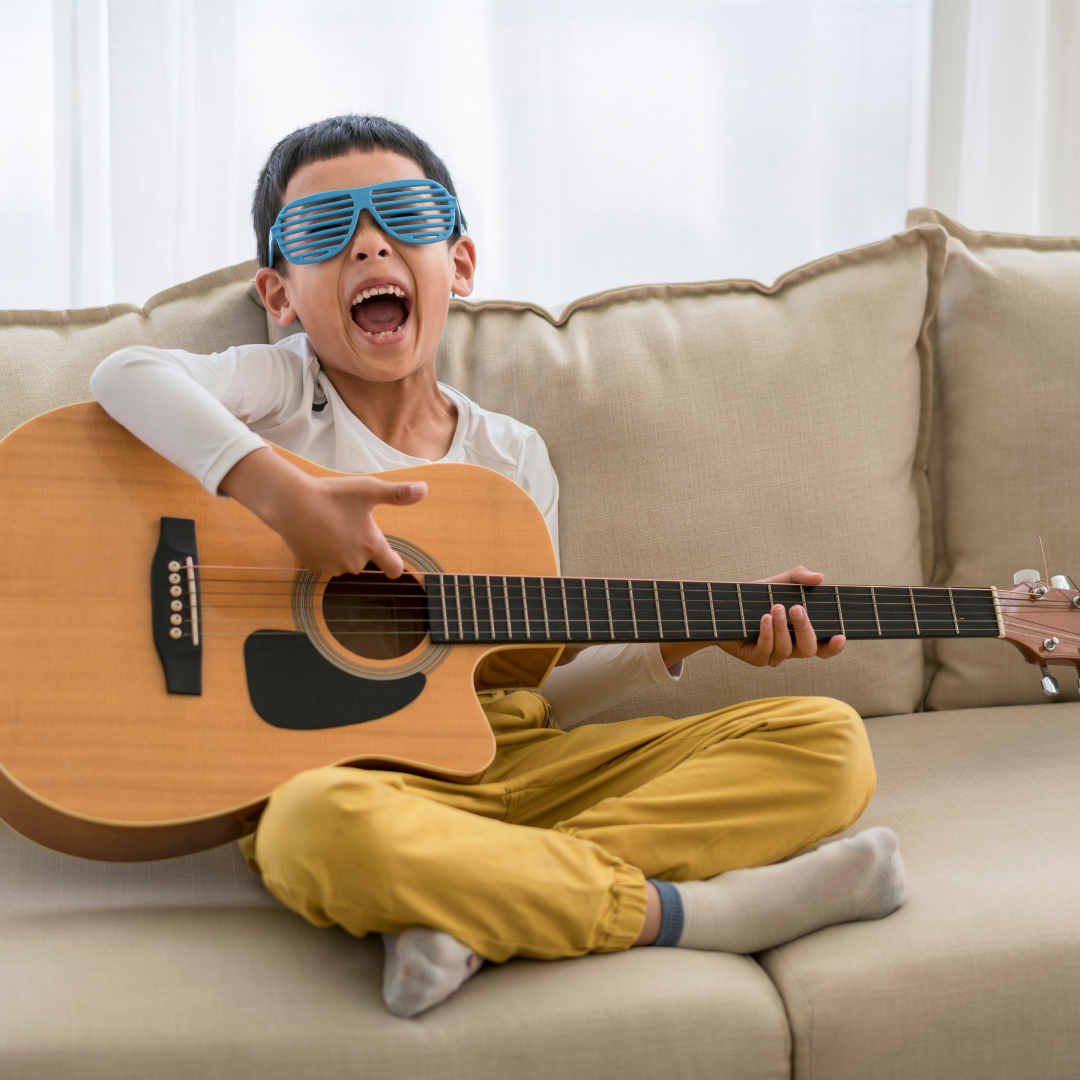
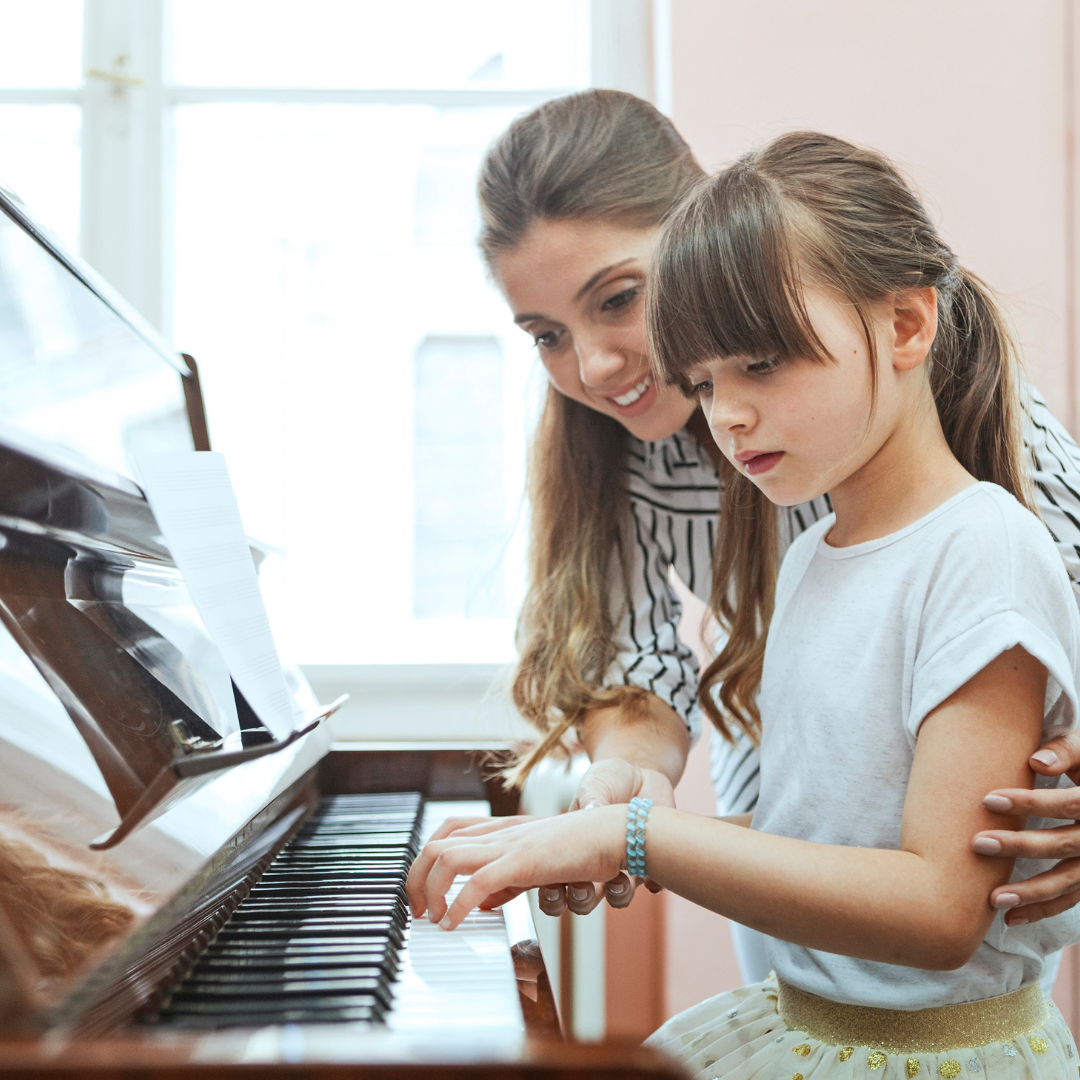
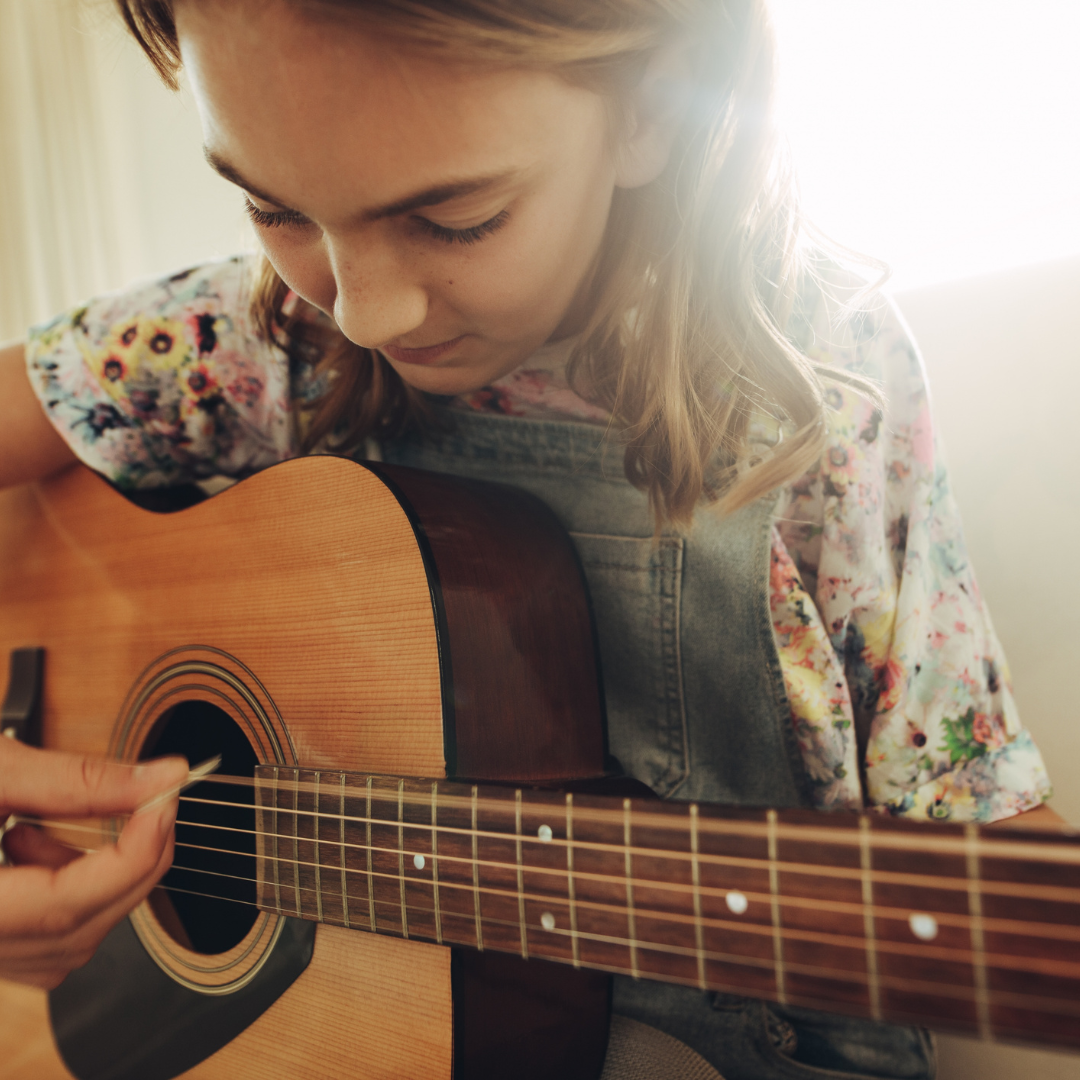
Performances and exams
Playing for others, whether it is for family members at home or complete strangers in a concert hall, is often intimidating for a lot of our students. However, musical performances and exams not only gives your child a goal to work towards (also a great way to motivate them to practice), but also teaches them many skills that can help with their future endeavors.
Exams, specifically, provide students with feedback on their playing level and are a great way to set goals for lessons.
Performances help students to be more comfortable with public speaking and presentations, teaches them to recognize and celebrate their accomplishments, and teaches them to be able to make mistakes in front of others. TPSMTS offers our students an opportunity to participate in the End-of-the-Year Party & Recital every year (you can read more about how we prepare for the recitals AND peek at our virtual recitals from 2020 and 2021!), but feel free to arrange for informal, mini “recitals” at home as well!
Encouragement
Most of us understand that encouragement, especially for children, is very important for growth (read more about our thoughts on growth mindset here). However, we cannot stress enough how crucial it is for their musical learning process. Make sure that you acknowledge every little milestone with them. Whether it is learning a new note to finishing their book, every bit of encouragement means a lot to your child.
Of course, verbal praise and rewards are effective, but you can also show your appreciation by asking your child to show you what they have learned or maybe to play for you their favourite songs. You can record videos of their playing to send to other family members. Learning a new instrument is hard, but acknowledgement of all their efforts goes a long way in both their improvement and enjoyment of the learning process.
Every student’s needs are unique, so if you have questions about your child’s progress, please let your teacher/therapist know. We are more than happy to give you tips to further support your child’s musical journey!
If you are interested in music lessons and/or music therapy sessions for your child (or yourself!), please reach out and contact us.
